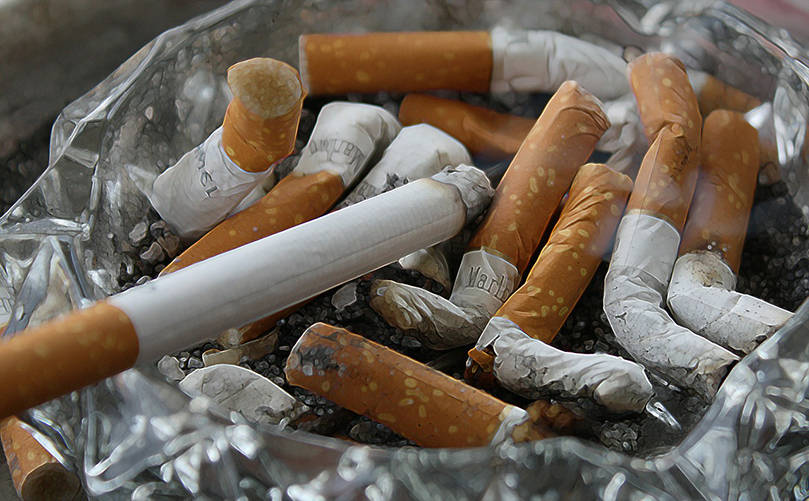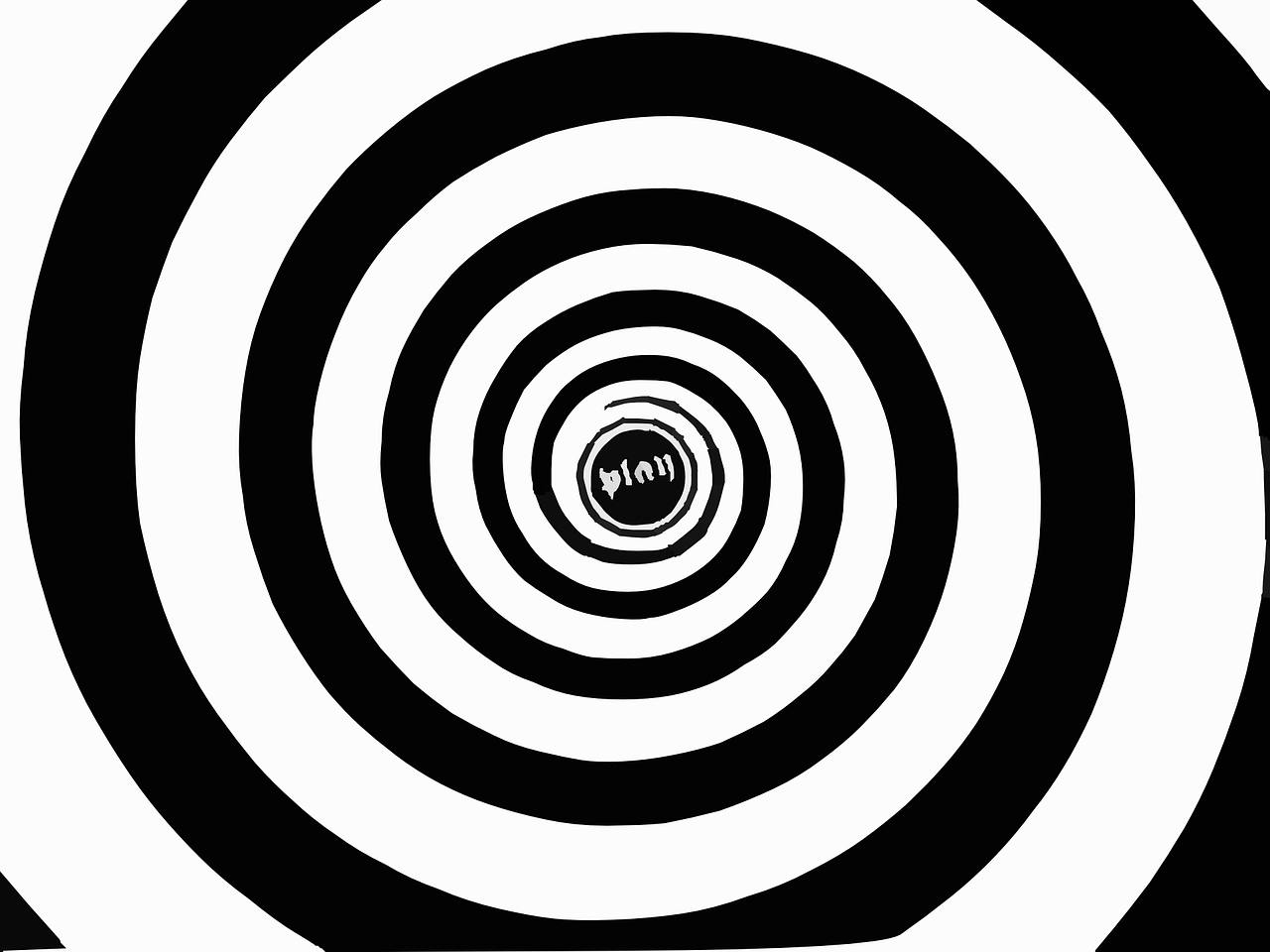If you go back in time to a few decades ago, emotional suppression was something that was lauded and encouraged. Being good at hiding emotions was considered the mark of…
Cognitive Healing Posts
Have you struggled with a lifelong phobia that has prevented you from living your life to its fullest? Well, you’re definitely not alone. Around 19 million Americans suffer from phobias, ranging…
For many of us, food is an unconscious response to stress. The habit of overindulgence and overeating forms through repetition and becomes an automatic response to certain stimuli or environments.…
Cats have had an important role in our society since the dawn of time. The ancient Egyptians held these four-pawed creatures in the highest regard, believing them to be magical creatures…
The first few days after you’ve officially given up smoking can be quite difficult. You’re likely to experience mild to severe nicotine withdrawal symptoms as your body adjusts to not having…
Jealousy can affect even the strongest of relationships. Research has shown that this is a common problem in the context of couple relationships and is one of the main reasons why…
We’ve all procrastinated at some point in our lives. For some individuals, however, procrastination is a loop they can’t seem to get out of. They continually keep on stalling things…
Remember that scene in Now You See Me, where the Four Horseman hypnotize audience members to attack the FBI agents so that they can escape unscathed? For a lot of…
Even the best of friends can get jealous of each other sometimes. Think of Ron’s jealousy of Harry’s fame and popularity, or Betty’s enviousness of Veronica’s wealth and relationships. While they were…
Hypnosis is one form of psychotherapy, used to help individuals dig deep into their subconscious mind and unravel the underlying issues that may exist regarding specific things. It facilitates a…










